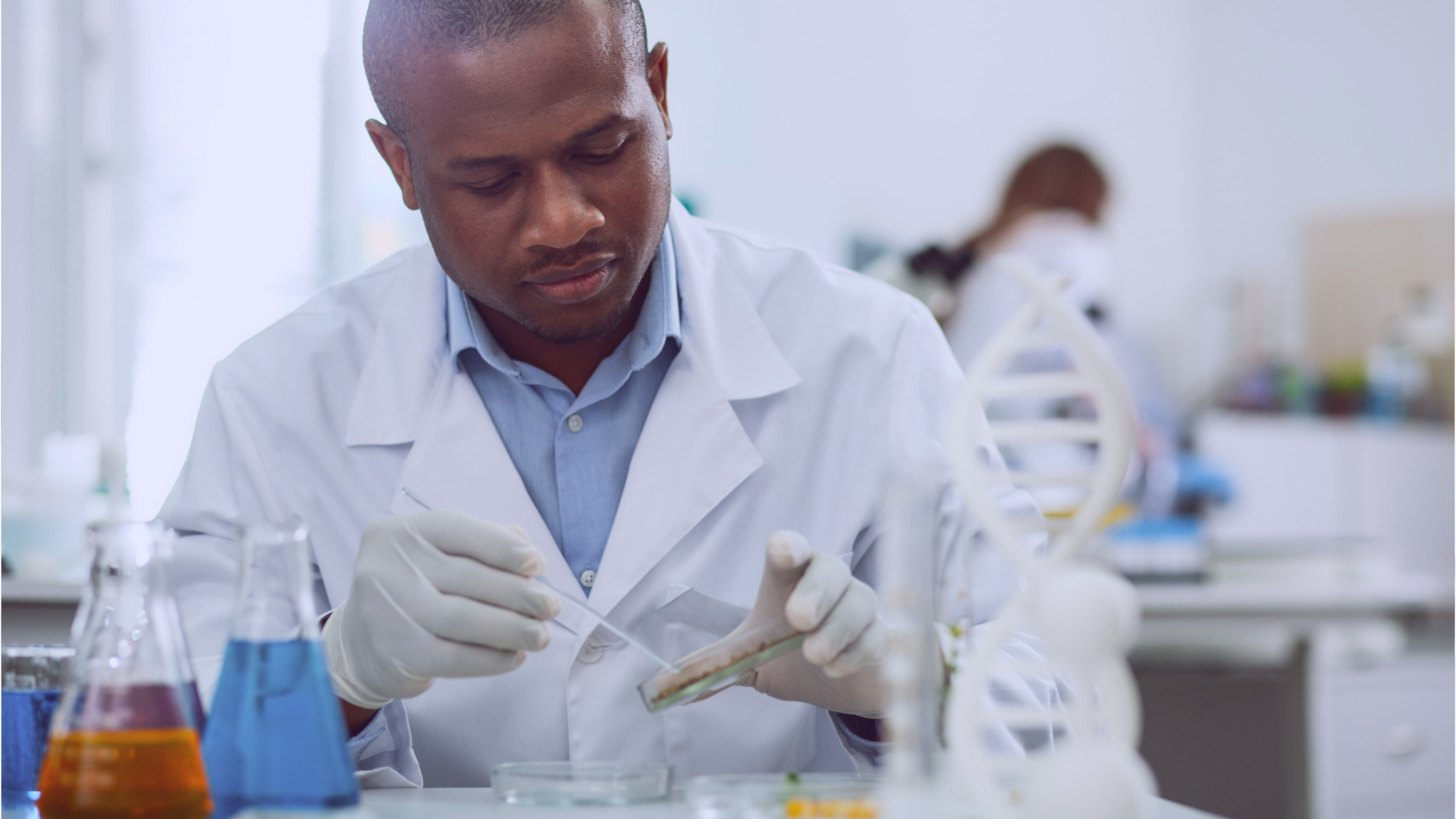Microbiologists
Bacteriologist, Clinical Laboratory Scientist (Clinical Lab Scientist), Microbiological Analyst, Microbiologist
What they do:
Investigate the growth, structure, development, and other characteristics of microscopic organisms, such as bacteria, algae, or fungi. Includes medical microbiologists who study the relationship between organisms and disease or the effects of antibiotics on microorganisms.
On the job, you would:
- Isolate and maintain cultures of bacteria or other microorganisms in prescribed or developed media, controlling moisture, aeration, temperature, and nutrition.
- Provide laboratory services for health departments, community environmental health programs, and physicians needing information for diagnosis and treatment.
- Monitor and perform tests on water, food, and the environment to detect harmful microorganisms or to obtain information about sources of pollution, contamination, or infection.
Knowledge
Math and Science
- biology
- chemistry
Arts and Humanities
- English language
Engineering and Technology
- computers and electronics
- product and service development
Education and Training
- teaching and course design
Skills
Basic Skills
- using scientific rules and strategies to solve problems
- reading work related information
Problem Solving
- noticing a problem and figuring out the best way to solve it
People and Technology Systems
- thinking about the pros and cons of different options and picking the best one
- figuring out how a system should work and how changes in the future will affect it
Abilities
Verbal
- read and understand what is written
- communicate by writing
Ideas and Logic
- make general rules or come up with answers from lots of detailed information
- group things in different ways
Visual Understanding
- see hidden patterns
- quickly compare groups of letters, numbers, pictures, or other things
Attention
- pay attention to something without being distracted
Personality
People interested in this work like activities that include ideas, thinking, and figuring things out.
They do well at jobs that need:
- Innovation
- Achievement Orientation
- Intellectual Curiosity
- Cautiousness
- Integrity
- Attention to Detail
Technology
You might use software like this on the job:
Data base user interface and query software
- Database management software
- Microsoft Access
Presentation software
- Microsoft PowerPoint
Analytical or scientific software
- BD Biosciences CellQuest
- Verity Software House ModFit LT
Education
Education: (rated 4 of 5)
bachelor's degree or
master's degree
usually needed
master's degree
usually needed
Job Outlook
Average
New job opportunities are likely in the future.
Explore More
- Biochemists & Biophysicists
- Biological Technicians
- Geneticists
- Histotechnologists
- Medical Scientists
You might like a career in one of these industries:
See more details at O*NET OnLine about Microbiologists.






